All News
Best of 2025: 2025 BSR Guideline for Treatment of Axial Spondyloarthritis
Editor's note: This article was originally published April 22, 2025, and is being shared again as part of RheumNow's 'Best of 2025' series as we close out the year. Enjoy!
Read ArticleBest of 2025: Variability of Guidelines on the Perioperative Use of DMARDs in Rheumatic Diseases Patients
More effective treatments in patients with rheumatic diseases have resulted in less need for major surgery, yet a substantial number of RMD patients will undergo surgery often in the setting of DMARDs use. A scoping review looked at numerous clinical practice guidelines/recommendations for the perioperative management of DMARDs and found inconsistencies and low quality evidence, with great reliance on conditional (expert opinion) recommendations.
Read ArticleBest of 2025: ERS/EULAR guidelines for CTD-related interstitial lung disease
The European Respiratory Society (ERS) and European Alliance of Associations for Rheumatology (EULAR) have published clinical practice guidelines for the evaluation and management of connective tissue diseases (CTD) associated interstitial lung disease (ILD) in two simultaneous publications in the European Respiratory Journal and Annals of Rheumatic Diseases.
Read Article
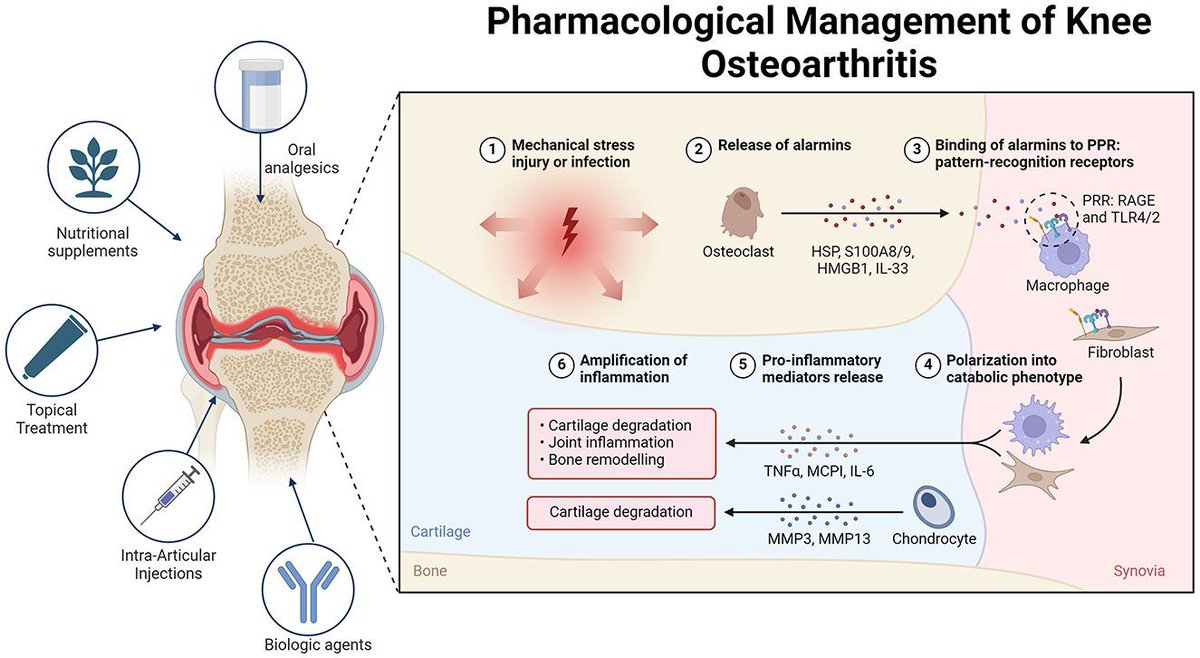
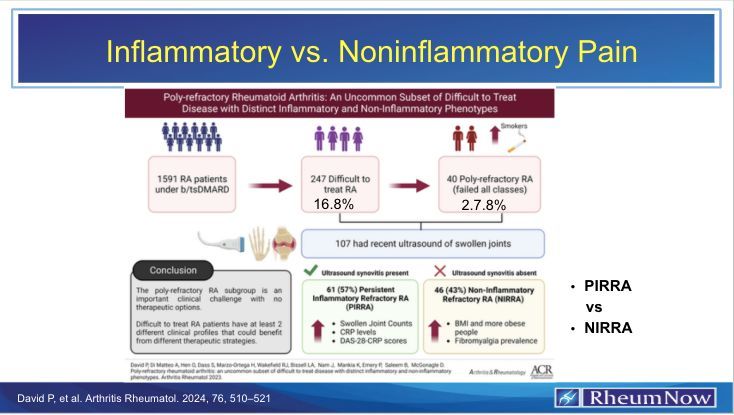
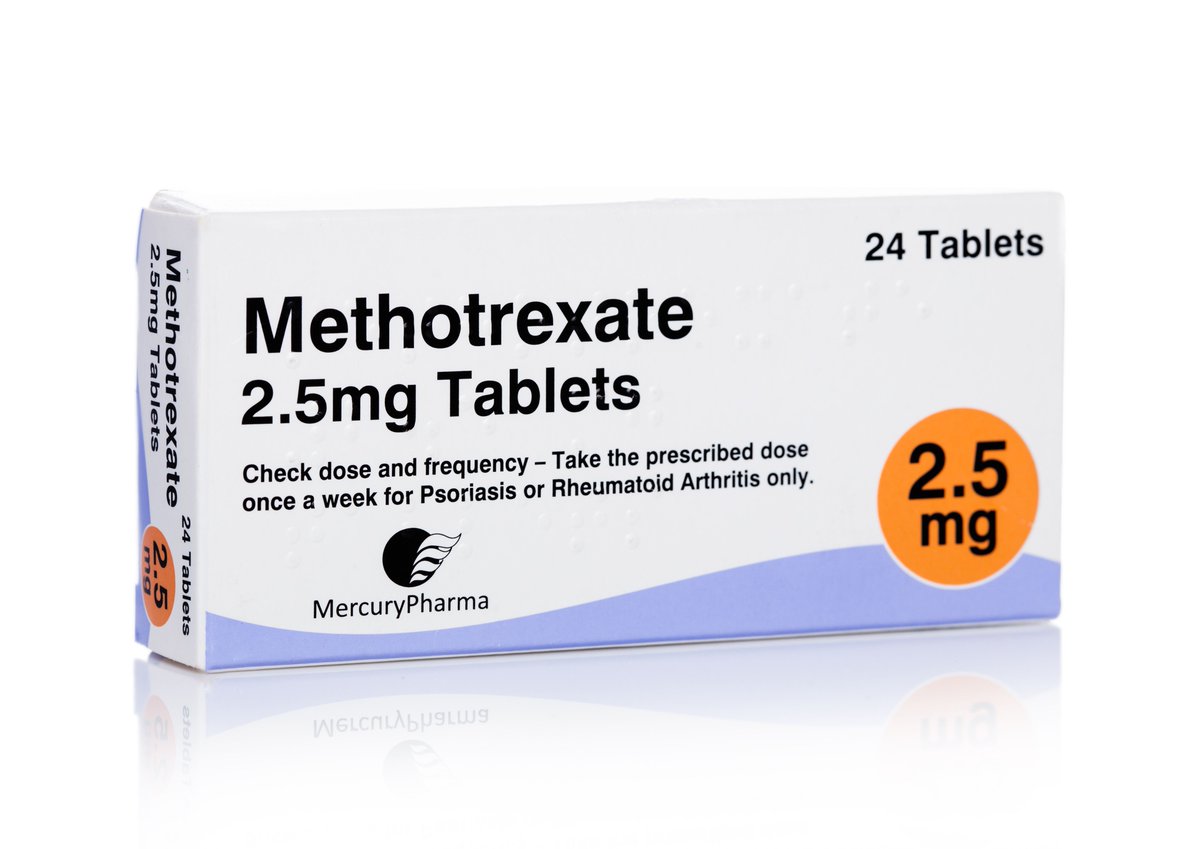

Dr. John Cush RheumNow ( View Tweet)
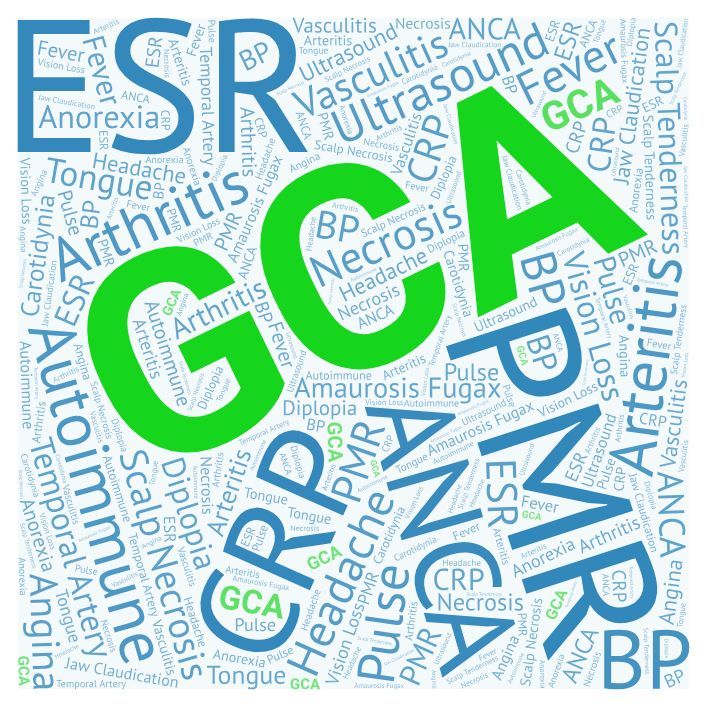


Dr. John Cush RheumNow ( View Tweet)


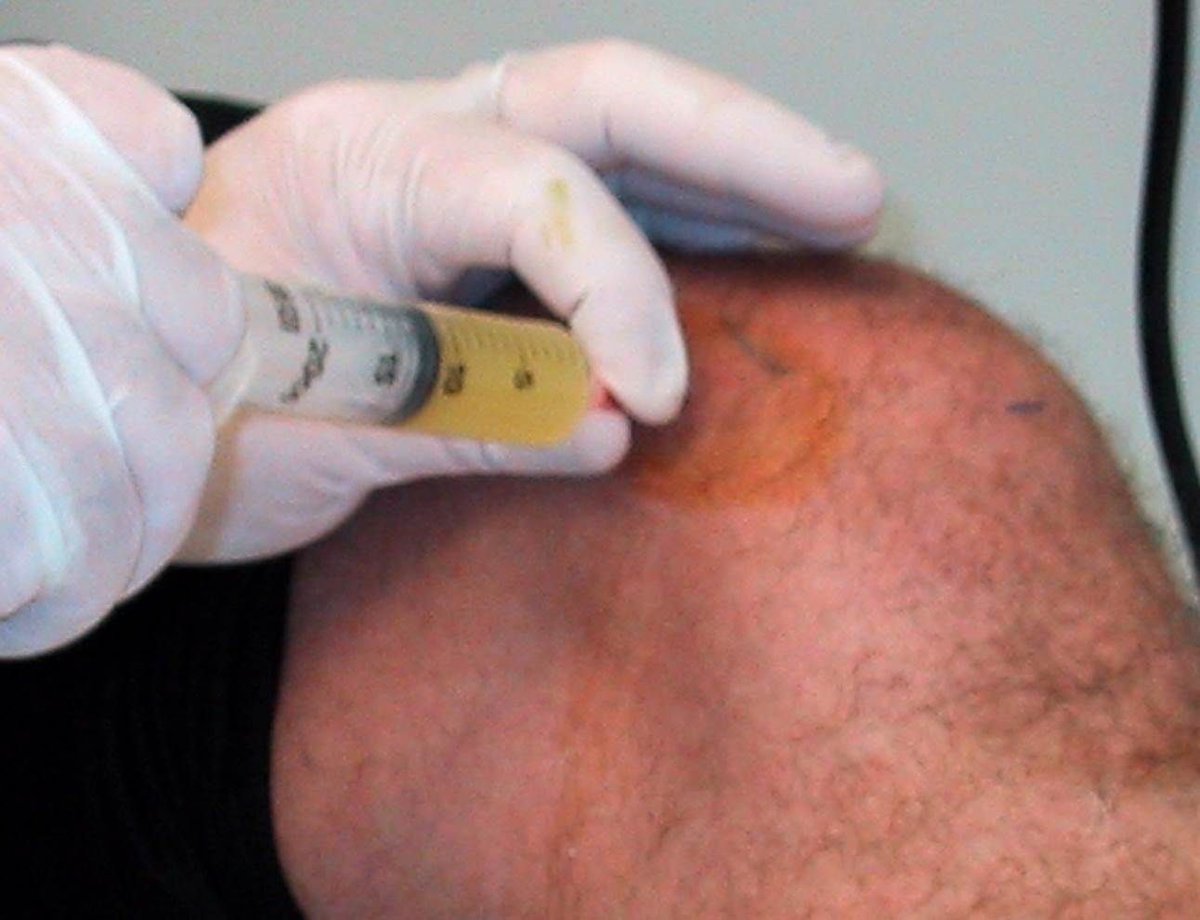



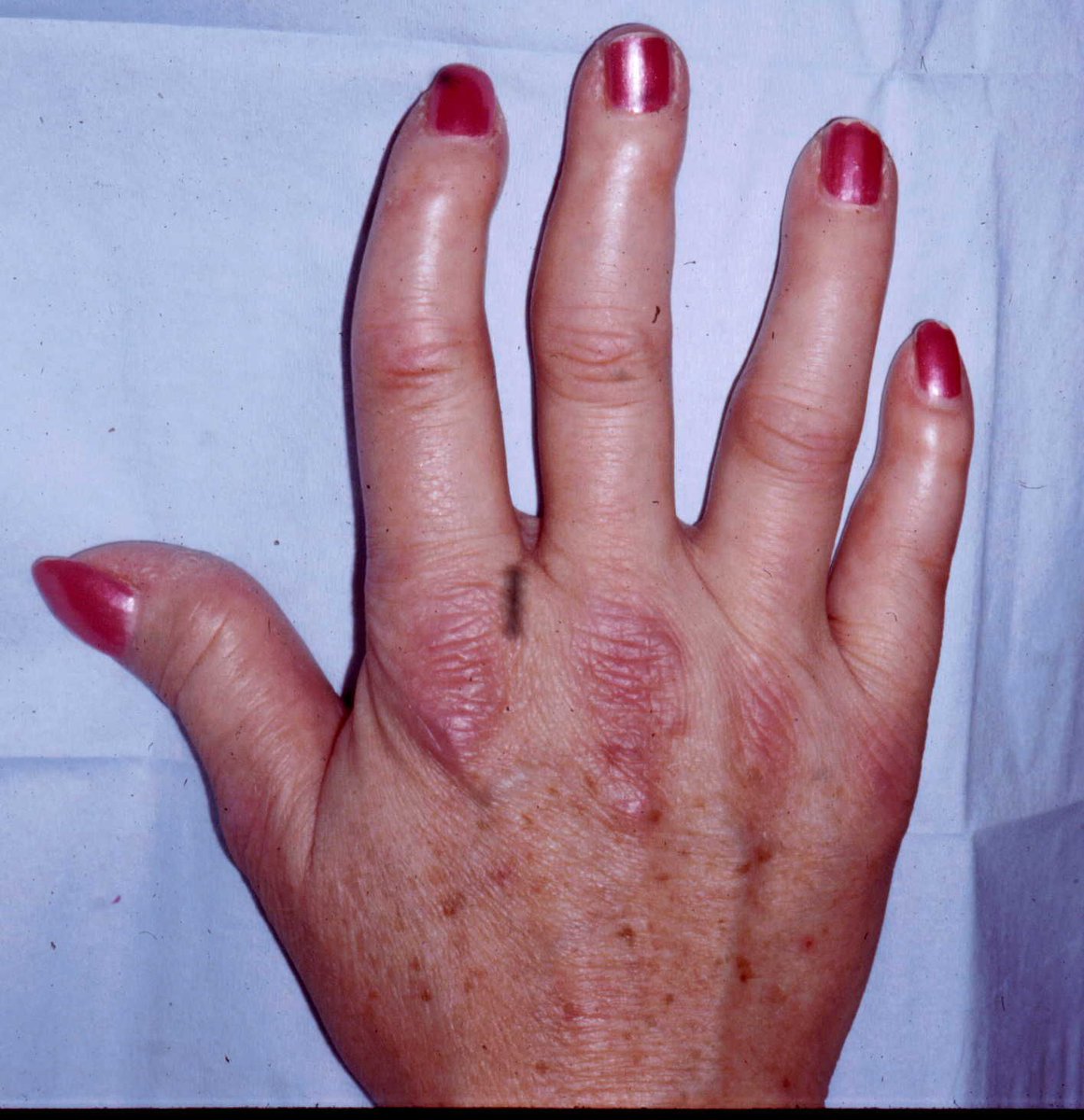

Dr. John Cush RheumNow ( View Tweet)
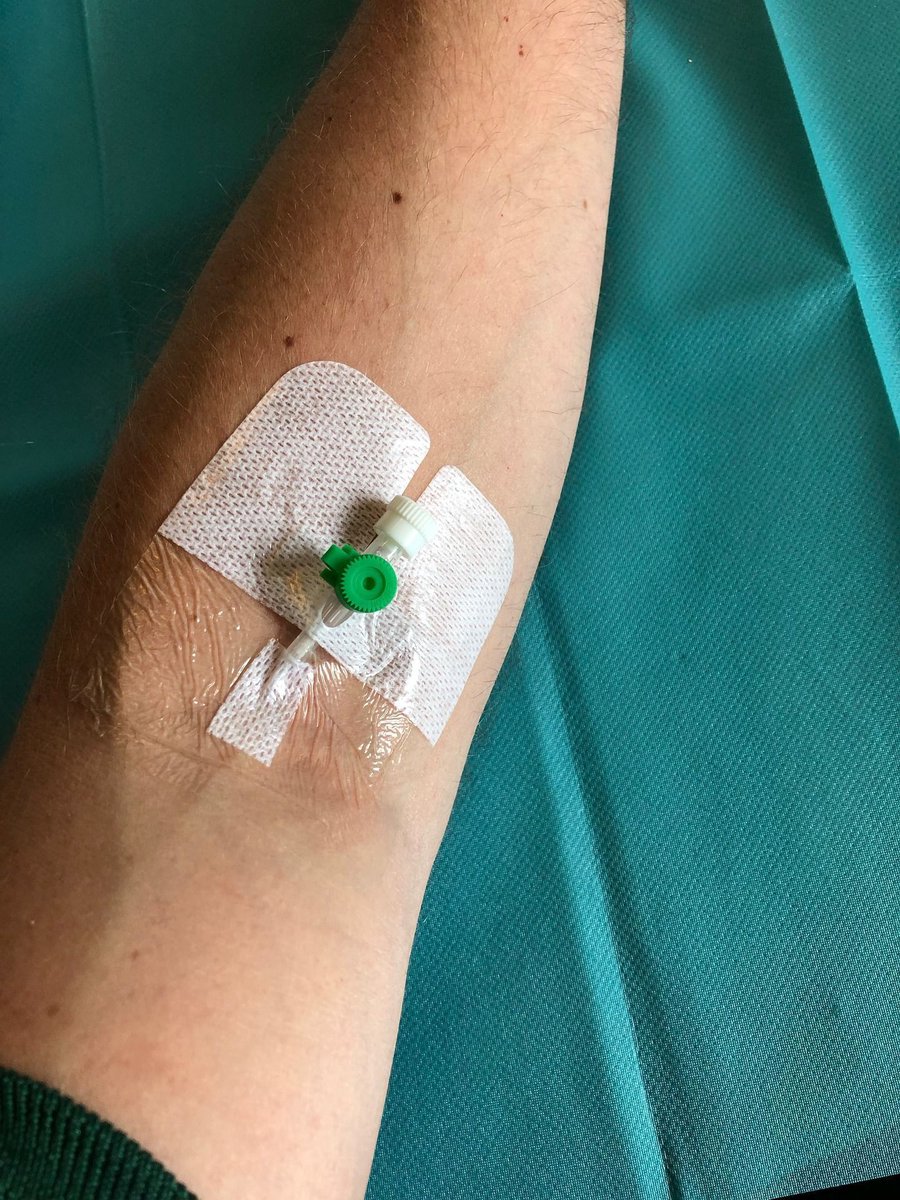
Links:





